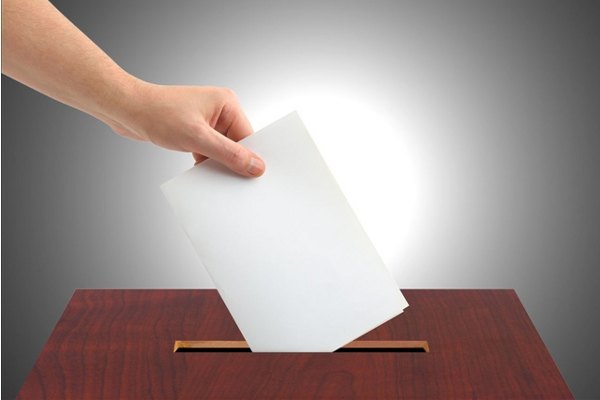Can Independent Voters Gain Power and Create Change?


There is no denying the rise of independent voters as a major voting bloc. Some polls now show registered independent voters outnumbering either Republicans or Democrats. Those numbers, however, translate into very limited power or influence.
The conventional wisdom is that, come election time, independent voters will end up splitting down the middle between the established parties. Only a small number – 10% or less – actually remain undecided to the end, and those can usually be corralled with some electoral promises.
Will this ever change?
There is no doubt that the rise of the independent voter category is due in part to the general disgust with politics and government, as well as the parties’ inability to deal with pressing national issues – economic weakness, wars, national debt and others. There is strong demand for new, non-partisan policies to address these problems, so a power vacuum of sorts does exist, waiting to be filled.
On the other hand the two-party system is a practical, durable formula with multiple advantages. The established players – Republican and Democrat – have huge advantages in terms of funds, infrastructure and loyalty. Is then the arising of a “third force”, based on the independent vote, an impossible dream?
In “normal” circumstances, probably yes.
The question then becomes: How “abnormal” must the situation be for such a change to take place? Here history provides two examples, a century apart in time: 1939-1945 and 1854-1860.
In the most recent period, essentially covering WWII, the U.S. started out economically depressed and politically gridlocked. But even before Pearl Harbor, both sides had realized that unity was essential to protect the U.S. in the coming war. Party structures were submerged in patriotic consensus. The effort was too short and too intense to allow for any goal other than victory. After 1945 America could afford to go back to the old politics, however ineffective they might have been.
1854 was similar in some ways. There was ideological gridlock over slavery and trade; politics were corrupt; immigrants were pouring in; the country suffered from structural problems tied to the transition from colonial to industrial conditions. Neither party (Democrat or Whig) offered a workable solution.
Third parties – Liberty, Free Soil and Know-Nothings – proliferated, but were ineffective. In Kansas armed partisans began taking the law in their own hands. In this growing discontent and disorder Congress dropped a bombshell: the Kansas-Nebraska Act of 1854.
The act was Stephen Douglas’ bid to gain Southern support for his presidential ambitions. It annulled the Missouri Compromise of 1820 and allowed for the expansion of slavery to new Territories. The response was a vast grass-roots movement, resulting in the formation of the Republican Party.
Slavery provided the initial spark, but the new party was keen on escaping the single-issue trap. They elaborated a comprehensive platform addressing long-term issues: transportation (railroads); education (land-grant colleges); land distribution (Homestead Act); new industries (tariffs); finance (the Greenback); and restoring the Missouri Compromise. They also welcomed into the party all who agreed with the platform, recruiting the ablest politicians of the day, including Abraham Lincoln. In six years they took over both Congress and White House, then enacted every point of their platform, and won the Civil War.
The 1854 Republicans were similar to today’s Independents: a large dissatisfied and neglected voter group looking for effective solutions to national problems. Two lessons can be learned from their success.
The first is that voters will listen if real, feasible solutions to pressing problems are presented to them. The Republican proposals were novel and “out-of-the-box”, but they worked extremely well and laid the foundation for America’s rise to industrial power. Their inner logic was clear and simple.
The second is that even though problems may have festered for a long time, it takes a catalytic event to finally generate a large-scale response. Without the Kansas-Nebraska Act the Republican wave would not have risen, and Americans might have painfully muddled through for many more years.
Today we have the problems, the discontent and a large mass of neglected voters, but as of yet, little response.
Any event around which a new political force could take shape is likely to come from the economic side. The globalized economy has reached a high level of instability, while measures taken by governments and central banks have at best maintained a fragile status quo, without hope of definite resolution. In this precarious situation the probability of a major “accident” is increasing.
Professional party politicians are unable or unwilling to deal with the root causes, so the response would be left to independent voters.




